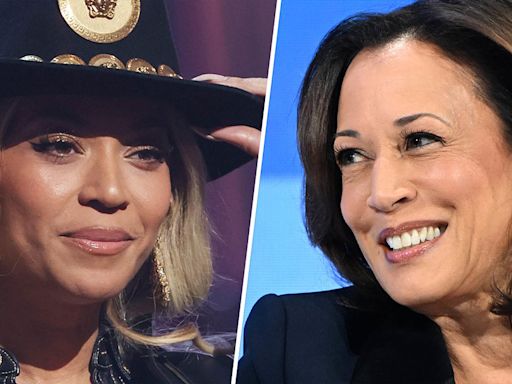Search results
- Freedom is when the anger, anxiety, greed, hatred, and unnecessary desires drop away in the presence of what’s beloved or sacred. This means that the greatest freedom is ‘freedom from’ something, not ‘freedom to’ do something.
philosophynow.org › issues › 143
Aug 25, 2020 · ‘Freedom’ Means Something Different to Liberals and Conservatives. Here’s How the Definition Split—And Why That Still Matters. 6 minute read. A marcher with "Freedom Now CORE" on his shirt...
- Tied with 100 - Norway, Sweden, Finland. Tied for first place are the northern European countries of Norway, Sweden, and Finland. Common traits shared between the countries include a free and open media, protection of minority groups, the right to access government information, independent media sources, and the guarantee of religious freedom.
- Tied with 99 - Canada, the Netherlands. The North American country of Canada is tied with the western European country of the Netherlands for second place.
- Tied with 98 - Uruguay, Australia, New Zealand. 3rd place features Oceania's Australia and New Zealand, and the somewhat surprising position of South America's Uruguay.
- Tied with 97 - Barbados, Denmark, Iceland, Portugal. Coming in 4th place with 97 points are the Caribbean nation of Barbados, the northern European countries of Denmark and Iceland, and the western European country of Portugal.
The Human Freedom Index measures personal and economic freedom in 165 countries, representing 98.1% of the global population, using 82 indicators across 12 categories. In 2021, Switzerland topped the Human Freedom Index at 9.01, followed by New Zealand and Denmark; the global average score was 7.12.
See the Freedom in the World 2021 score and learn about democracy and freedom in United States.
- Bill of Rights
- First Amendment Text
- Freedom of Speech
- Freedom of The Press
- Freedom of Religion
- Right to Assemble, Right to Petition
- First Amendment Court Cases
- Sources
During the summer of 1787, a group of politicians, including James Madison and Alexander Hamilton, gathered in Philadelphia to draft a new U.S. Constitution. Antifederalists, led by the first governor of Virginia, Patrick Henry, opposed the ratification of the Constitution. They felt the new constitution gave the federal government too much power a...
The First Amendment text reads: “Congress shall make no law respecting an establishment of religion, or prohibiting the free exercise thereof; or abridging the freedom of speech, or of the press; or the right of the people peaceably to assemble, and to petition the Government for a redress of grievances.” While the First Amendment protected freedom...
The First Amendment guarantees freedom of speech. Freedom of speech gives Americans the right to express themselves without having to worry about government interference. It’s the most basic component of freedom of expression. The U.S. Supreme Courtoften has struggled to determine what types of speech is protected. Legally, material labeled as obsc...
This freedom is similar to freedom of speech, in that it allows people to express themselves through publication. There are certain limits to freedom of the press. False or defamatory statements—called libel—aren’t protected under the First Amendment.
The First Amendment, in guaranteeing freedom of religion, prohibits the government from establishing a “state” religion and from favoring one religion over any other. While not explicitly stated, this amendment establishes the long-established separation of church and state.
The First Amendment protects the freedom to peacefully assemble or gather together or associate with a group of people for social, economic, political or religious purposes. It also protects the right to protest the government. The right to petition can mean signing a petition or even filing a lawsuit against the government.
Here are landmark Supreme Court decisions related to the First Amendment. Free Speech & Freedom of the Press: Schenck v. United States, 1919: In this case, the Supreme Court upheld the conviction of Socialist Party activist Charles Schenck after he distributed fliers urging young men to dodge the draft during World War I. The Schenckdecision helped...
The Bill of Rights; White House. History of the First Amendment; The University of Tennessee, Knoxville. Schenck v. United States; C-Span.
Sep 21, 2023 · The Civil Rights Movement in the United States is the essence of what it means to fight for freedom. The fight for equality is a fight for basic human rights, the freedom to live how you want, where you want, with whom you want.
Freedom is the power or right to speak, act and change as one wants without hindrance or restraint. Freedom is often associated with liberty and autonomy in the sense of "giving oneself one's own laws". [1] In one definition, something is "free" if it can change and is not constrained in its present state.







